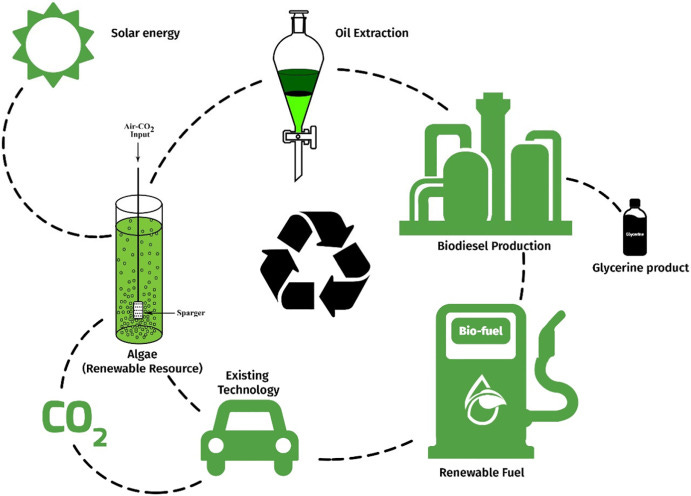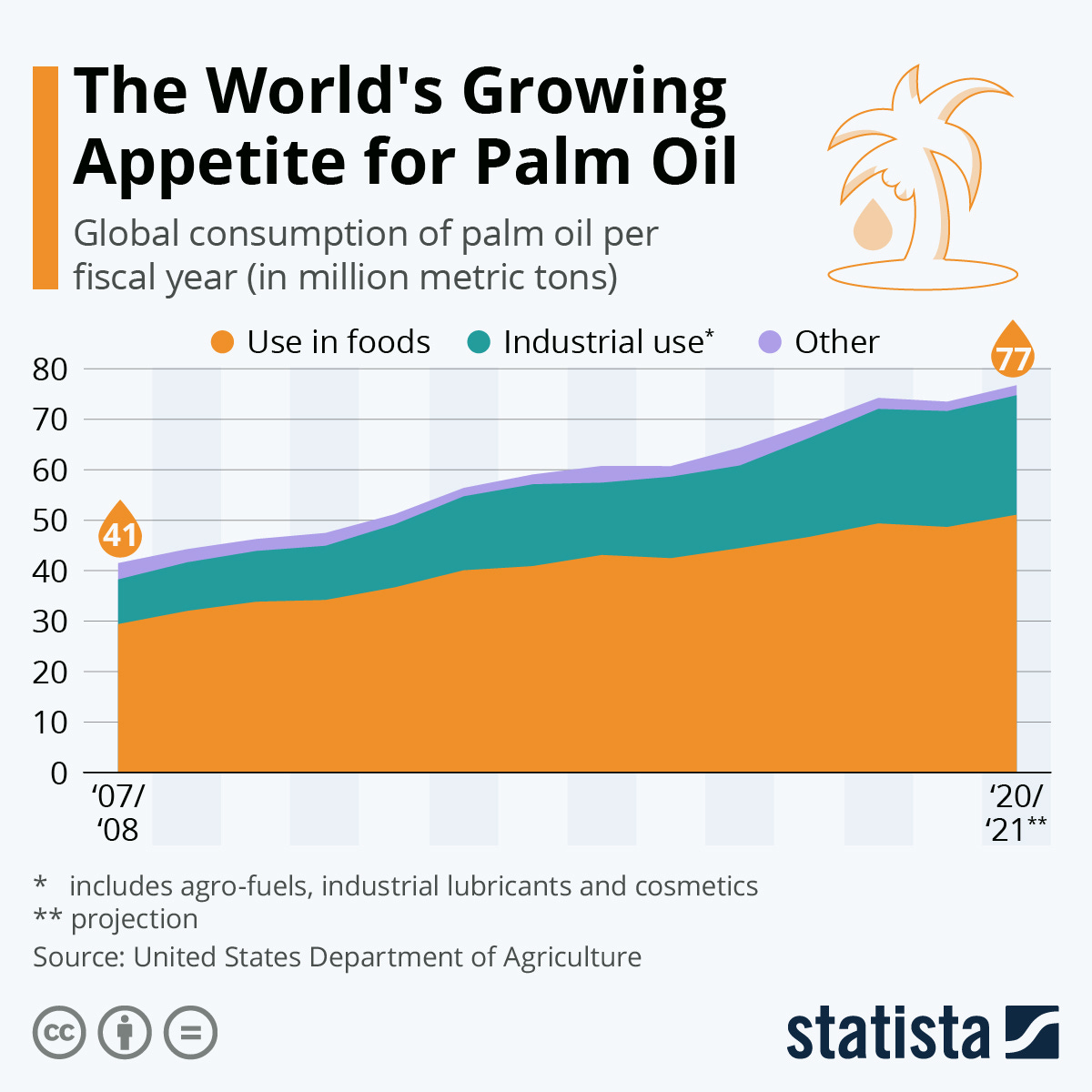🦠 Microbes: Key to Green Energy?
We're constantly looking for new and innovative ways to combat climate change. And the answer to our problems could lie in microbes and algae.
When we hear the words microbes and algae, our first reaction is mostly concern about a disease outbreak.
But what if we told you that these organisms hold the potential to make us and the planet much much healthier?
Yes, scientists are harnessing the power of these microorganisms to create both fuel for your vehicle and better and healthier cooking oils for us.
Curious? ReadOn!
The Ultimate Green Fuel?
At ReadOn, we're very climate-conscious and keep cheering for possible solutions that can help overturn climate change.
So, earlier this week, we talked about nuclear energy being a possible alternative to both fossil fuels and often unreliable renewable sources of energy.
But we got several questions and concerns about the nuclear waste generated from this process.
While this problem has majorly been solved, for instance, China is converting its nuclear waste into glass for better storage, we realised that widespread use of nuclear energy would always cause widespread concern.
So, we began looking at what else was being done to solve the issue. And we came across microalgae biofuel.
Now, the concept of biofuels isn't new. Biofuels and biodiesel made from crops like corn, sugarcane, etc. are very popular.
But there's a major problem with this kind of biofuel. It is increasing the prices of food by around 75%.
You see, when you use food grains to make fuel, the quantity of food available goes down, which raises prices. Plus, farmers are getting more money to set aside these crops for biofuels. So, this also reduced the yield of these crops, increasing prices.
But microalgae-based biofuel can help solve this problem. It involves creating an algae farm, which stores energy from the sun as oil. The algae is later processed to create biofuel.
Burning these biofuels also releases carbon emissions but the large-scale farming done to produce these biofuels also offsets these emissions.
Then why haven't we jumped on this opportunity? Why is microalgae-based biofuel not that popular yet?
Because it's expensive and kind of impossible to scale. To truly create the amount of biofuel we need from algae for cheap, ponds worth the size of entire cities will have to be created.
And creating such large-scale farms without a large-scale demand will not be commercially viable.
To solve this Catch-22 situation, a group of 35 Japanese companies including Honda are coming together. They have formed a group called Matsuri and have pledged to use microalgae-based fuel to increase the demand for it. This increased demand will make the development of a large-scale farm possible in Singapore. Later on, some companies like Honda even plan to begin algae cultivation.
There's also another ray of hope. ExxonMobil, which is one of the world's largest fossil fuel providers, is now looking to develop a strain of algae that produces more fuel, thus reducing costs and increasing yields.
So, this sector is witnessing a major revolution right now.
But why should the revolution stop here?
There is a need for revolutionising the edible oil sector as well.
The Ultimate Healthy Oil?
You see, the two major edible oils that we use right now: palm oil and canola oil, are not just bad for our health, but also bad for the environment.
The production of palm oil leads to widespread deforestation and loss of biodiversity. It has destroyed a major part of the Amazon forest and is also responsible for 60% of the deforestation in Indonesia.
So, should we ban palm oil?
Well, that wouldn't help. A major reason we rely on palm oil is its yield. Other crops would require nine times more land and water to produce the same amount of oil.
What's the solution then? We can't really live without oil, no?
Don't worry, we won't have to. Because wherever there's a problem, a startup emerges to solve it!
ZeroAcre Farms, a California-based startup, has found a new way to create sustainable and healthy oil substitutes from microorganisms using a fermentation technique.
Such innovation could not just end deforestation, but also make us much healthier by reducing our dependence on harmful and processed vegetable oils.
The company is set to launch its products later this year.
Initially, it will produce this oil on a small scale. But by creating such microbe-based oil production facilities across the world, it could essentially solve the problems of many countries like India who currently have to pay massive import fees for such unhealthy vegetable oils.
All in all, through this piece we wanted to highlight the various efforts being made to create alternative and better energy solutions.
The point is we cannot just rely on solar energy or wind energy alone to solve our energy problems or the climate crisis. It's too little and too late. If we want to make the world a better place soon enough, we will constantly need to innovate and embrace newer and better solutions because none of the current solutions is foolproof.
Let us know what you think about these innovative ideas. And tell us if you have any innovative ideas to save the world as well.
It’s time to begin the journey of creating long-term wealth! Become a ReadOn Club Member to discuss high growth potential startups, crypto projects and stocks with other finance enthusiasts. And so much more! Check it out 👇
Share this with your friends via WhatsApp or Twitter and help them become financially smarter! See you tomorrow :)
You can also listen to our stories because the Revolution ReadOn podcast is live!! Here: you can catch it on Spotify, Apple Podcast or Amazon Music, Google Podcasts, Gaana and Jio Saavn.
If you are coming here for the very first time: Don’t forget to join us on WhatsApp to get daily updates! 👇



This line sounds funny, "Whenever there's a problem, a startup emerges to solve" :p